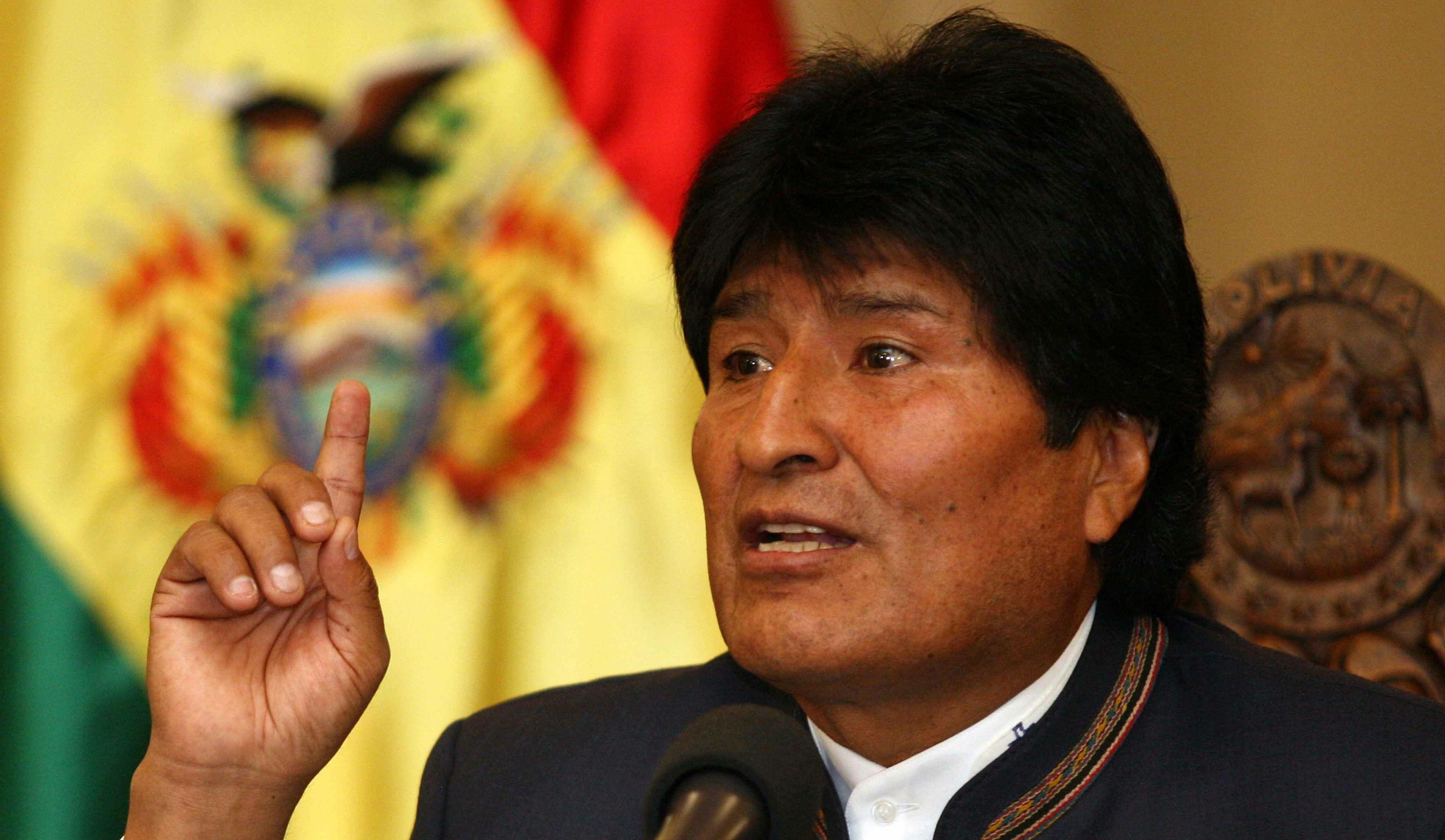LA PAZ, Nov. 28 (Xinhua) -- Bolivia's Plurinational Constitutional Court (TCP) unanimously ruled Tuesday that the political rights of President Evo Morales and other elected authorities were not restricted by term limits.
TCP President Mario Lahor Cortez announced at a press conference that elements of Bolivia's electoral law, which set term limits, were "unconstitutional" as the new ruling allows officials to be re-elected "in a continuous manner."
However, the move will be seen as controversial because in February 2016, Morales lost a referendum on whether to allow him to run for a fourth term, as 51 percent of Bolivians voted against the idea.
His supporters in civil society and Congress had put forward a raft of legal measures and staged protests in order to allow him to run again in 2019.
The opposition was quick to express its total rejection of this move and said it intended to take the matter to the Inter-American Court of Human Rights, alleging the TCP overstepped its role by changing the constitution.
The head of the opposition Democratic Unity (UD) party, Samuel Doria Medina called the move "an attack against democracy."
Morales, the first indigenous president, was first elected in 2005 with 54 percent of the vote, and took over the presidency in January 2006. He was re-elected in 2009, after a shortened term, before finally winning his third term in 2014 to govern from 2015 to 2020.
